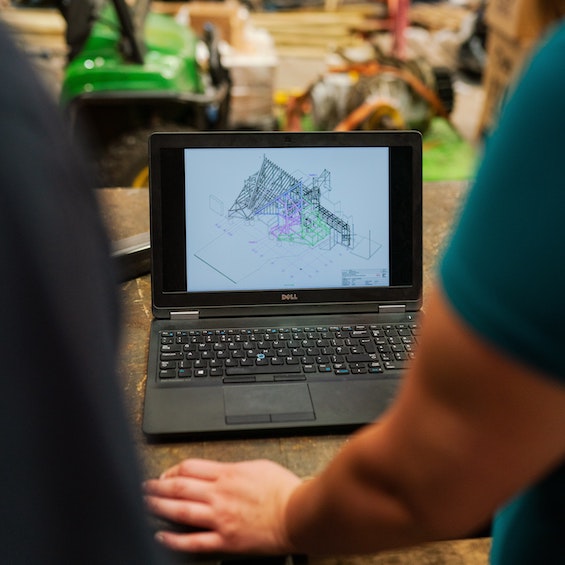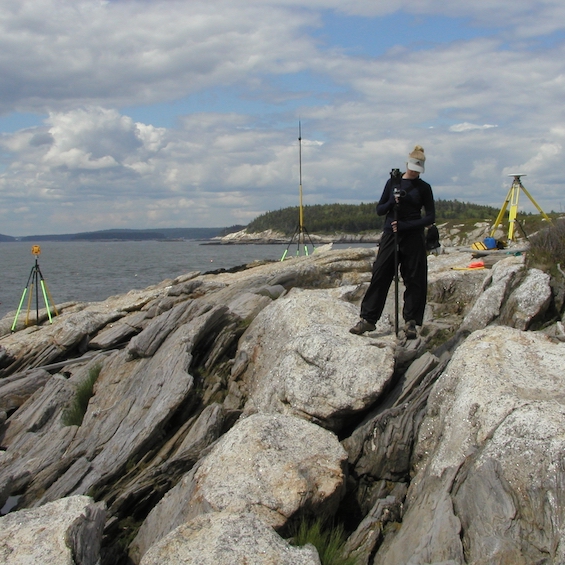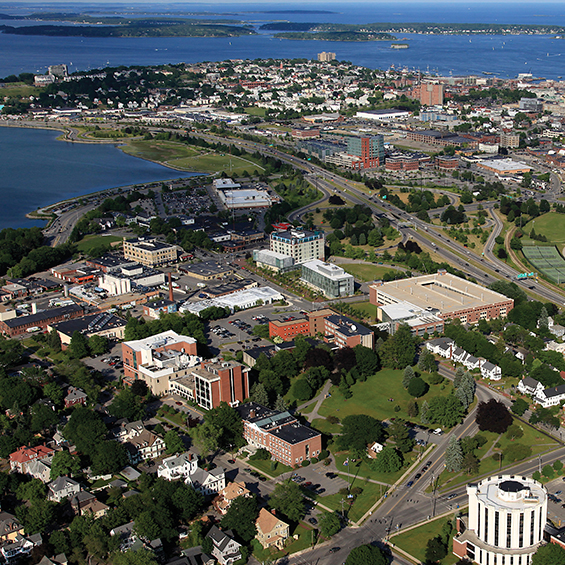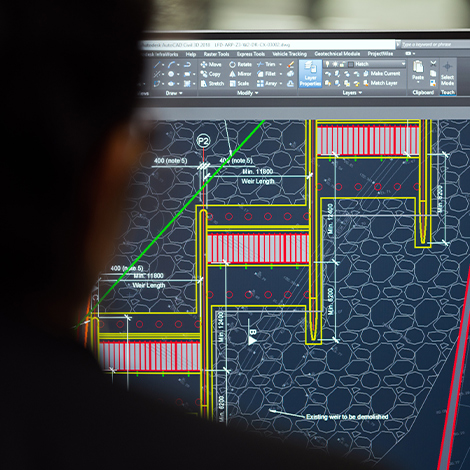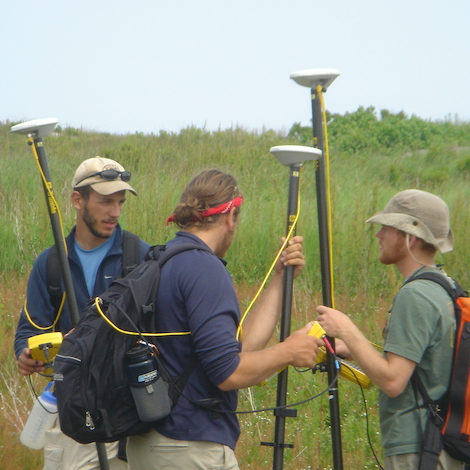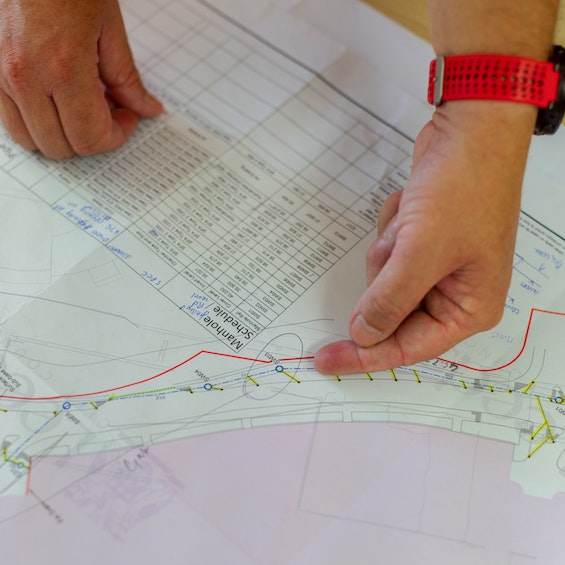Tuition & fees
Costs include tuition & fees. Tuition varies based on residency and mode of study. Students who study fully online receive our e-tuition rate. See cost details
Credit hours
12 required credit hours. Most courses are equal to 3 credit hours.
Browse course list
Program duration
Finish in as little as 1 year.
Explore program requirements
Admissions
Apply for fall, spring, or summer term. View application process & deadlines
Program highlights
Competitive advantage
Develop expertise in mapping, visualizing, and analyzing geo-enabled data. With an understanding of how to use GIS properly, you can apply your skills in diverse fields such as business and marketing, biology, emergency management, geology, infrastructure, and environmental and urban planning.
State-of-the-art equipment
Students can put theory-to-practice in one of our Geographic Information Systems (GIS) labs, which provides a dedicated space, high-end computers, industry-leading software, and equipment to support geospatial technology-related work.
Actively engaged faculty
Our world-class, widely published faculty cover a diverse range of subjects and expertise. Along with their active roles in teaching and hands-on learning, they are publishing research in national and international venues.
Program requirements
Our curriculum builds a foundational knowledge in geospatial technology skills. Along with remote sensing and global positioning systems, integrated geospatial technologies provide the tools to address complex societal and environmental challenges.
Fieldwork opportunities
Field education is the backbone of our geographic information systems (GIS) program. Students will engage in case studies as well as intensive field and lab research through internships.
Future degree planning
Interested in earning your Master’s Degree in Policy, Planning, and Management in the future? The credits you earn through this certificate program can be applied to our MPPM. Some restrictions may apply.
A growing industry
The U.S. Department of Labor recently identified geospatial technology as among the most important emerging and evolving fields within the economy.
Our graduate admissions counselors are here to answer your questions about the admissions process, our academic programs, and student support services.

Admission information: Applied Geographic Information Systems (GIS), Certificate of Graduate Study
Application deadlines
We accept applications on a rolling basis and review them continuously.
| Application deadline | Fall term start | Spring term start | Summer term start |
|---|---|---|---|
| Final | August 1 | December 15 | April 15 |


